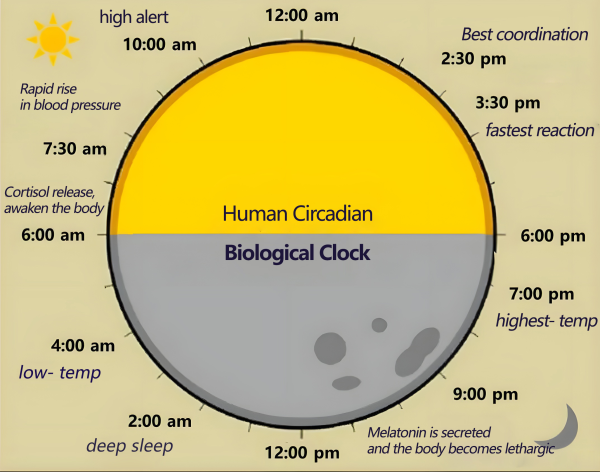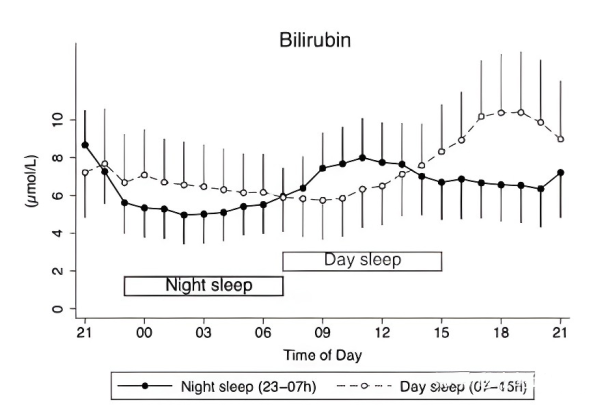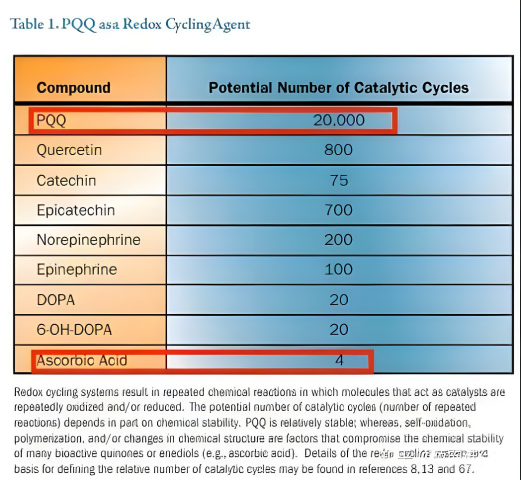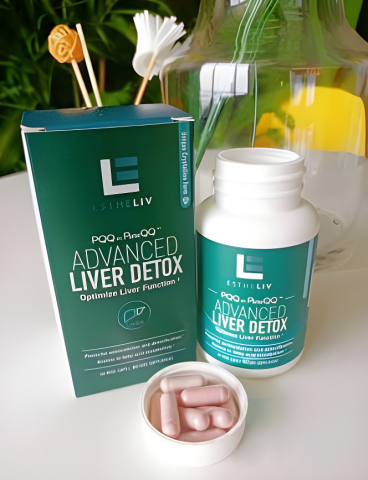Burning the Midnight Oil: Understanding the Impact of Late Nights on the Liver and Strategies for Restoration
Many people stay up late scrolling on their phones into the night. Is staying up late harmful to the liver? If there is damage, how can it be compensated?
Numerous studies indicate a close connection between circadian rhythms and human metabolism. The liver, as a metabolic hub, is most influenced by the day-night cycle. Disrupting the body’s natural rhythm significantly increases the incidence of liver-related metabolic diseases, such as lipid metabolism, glucose metabolism, bile acid, and protein metabolism.
In summary, if the circadian rhythm is disturbed, the liver is the first be suffered. This disruption can significantly increase the risk of various metabolic diseases. People who stay up late and have irregular eating habits are more prone to developing fatty liver.
What is the circadian rhythm?
It originates from the biological clock, an internal rhythmic variation that evolved in organisms to adapt to the day-night changes in the external environment. Mammals are constantly regulated by circadian rhythms, allowing different tissues and organs to function at specific times of the day.
For instance, the circadian clock governs activities such as eating and sleeping. Hunger typically arises at mealtime, and the feeling of sleepiness aligns with bedtime—all orchestrated by the biological clock.

The liver, in particular, is proven to be significantly influenced by the circadian rhythm. Various physiological activities in the liver, including carbohydrate, protein, and fat metabolism, bile synthesis, and blood clotting, are largely regulated by the biological clock. Therefore, disruption of the circadian rhythm can lead to disturbances in liver metabolism and related functions, potentially developing into metabolic diseases.
Moreover, staying up late can lead to insufficient sleep, which, clinically, is shown to harm liver health. In a study published in the journal ‘Obesity Facts’ in 2015, titled ‘Relationship between Sleep Duration and Non-Alcoholic Liver Disease in Japanese male and female,’ it found that women who slept less than 6 hours per day had a 44% higher risk of developing non-alcoholic liver disease compared to those sleeping 6-7 hours.

Many people might wonder if compensating for lost sleep by sleeping more the next day is effective. Research indicates that even if the total sleep duration is maintained, changes in the sleep schedule can have similar effects on liver function. For instance, shifting the sleep time from 11 PM to 7 AM to 7 AM to 3 PM changes the circadian rhythm and peak levels of bilirubin significantly.

Bilirubin is a major pigment in bile, a primary metabolic product of intra-body iron compounds. It has toxicity, may cause irreversible damage to the brain and nervous system, but it also functions as an antioxidant, inhibiting the oxidation of linoleic acid and phospholipids. Bilirubin is crucial in clinical diagnosis for jaundice and serves as an essential indicator of liver function.
When staying up late is unavoidable and the goal is to minimize the associated damage, the initial step is to prioritize the protection of the liver.
How can people who stay up late protect their liver?
Staying up late can harm the liver in various ways, oxidative stress reaction is a common problem among these issues. Liver cells cannot repair damage during sleep, leading to an excessive accumulation of free radicals within liver cells, causing cell necrosis, apoptosis, lipid peroxidation, and DNA damage.
Oxidative stress reaction mainly occurs in the mitochondria of liver cells.
PQQ, a component mentioned in the text, can directly act on mitochondria, eliminating free radicals. Its redox effect is 5000 times that of vitamin C. Additionally, PQQ can promote the generation of fresh mitochondria, revitalizing liver immune cells.

Another effective component is inositol, a popular liver-protecting ingredient in recent years. It can penetrate cells, emulsify and expel excess fat within liver cells, reducing the burden on the liver and enhancing liver capacity. It is especially suitable for individuals with fatty liver, reducing the damage to the liver caused by fatty liver.
When these two components are combined, they can more effectively enhance the function and metabolism of liver cells. Once the function of liver cells is restored, the overall function of the liver naturally improves.
Having personally experienced fatty liver, control was exerted over the diet and regular exercise was incorporated, yet the results were not very noticeable. However, a friend recommended ESTHELIV’s Liver Purification Pills, which combine PQQ and inositol. Remarkably, after about three months, the latest health check-up revealed the disappearance of fatty liver! It’s genuinely gratifying. Fatty liver can be stubborn, and the effectiveness of cellular-level nutritional supplements exceeded expectations.

Moreover, ESTHELIV is a well-known brand origin in the United States. When choosing products, trust in science and professionalism is essential.
Consistently taking it for about three months now, there’s a noticeable lightness in the body. Even when staying up late, the complexion is no longer as dull and pale, and sleep is more sound. After overtime and late nights, the fatigue in the body has significantly decreased, and there’s an energetic feeling the next day. The results are quite evident!
A healthy liver truly makes a significant difference in overall well-being. While still unable to avoid staying up late occasionally, both complexion and fatigue levels are remarkably different compared to before. Even after staying up late, there’s still an energetic feeling the next day. As the saying goes, a healthy liver brings vitality, and indeed, a healthy liver makes a noticeable difference.
References:
Gao, W., Shu, Y. (2020). Circadian Rhythms and Liver Energy Metabolism. World Chinese Journal of Digestology, 10.
Imaizumi, H., et al. (2015). The Association between Sleep Duration and Non-Alcoholic Fatty Liver Disease among Japanese Men and Women. Obesity Facts, 8(4), 234-242.
Larsson, A., et al. (2009). Circadian variability of bilirubin in healthy men during normal sleep and after an acute shift of sleep. Chronobiology International, 26(8).”
Imaizumi, H., etal., The Association between Sleep Duration and Non-Alcoholic Fatty Liver Disease among Japanese Men and Women. Obes Facts, 2015. 8(4): p. 234-42.
Larsson, A., et al., Circadian variability of bilirubin in healthy men during normal sleep and after an acute shift of sleep. Chronobiol Int, 2009. 26(8):p. 1613-21.
Media Contact
Company Name: ESTHELIV,INC
Contact Person: Becko
Email: Send Email
Country: China
Website: www.estheliv.com

